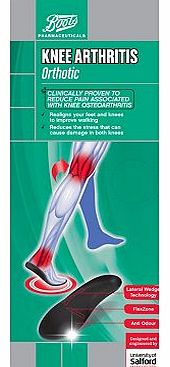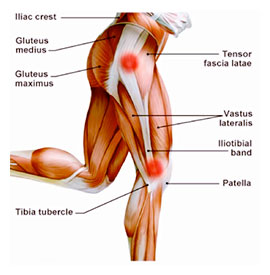No one knows exactly what causes tics to occur. Doctors once believed that certain medications, including some used to treat attention deficit hyperactivity disorder, induced tics in children that were prone to . Young children, however, typically are unable to recognize situations that cause stress in their lives, nor are they equipped to deal with stress in positive and productive ways. Instea they often exhibit stress and anxiety in physical and emotional outbursts.
Sometimes stress can lead to a tic — a sudden, . Tics can happen randomly and they may be associated with something such as stress , anxiety, tiredness, excitement or happiness.

Tics are often confused with nervous behavior. Facial tics are uncontrollable spasms in the face, such as rapid eye blinking or nose scrunching. They may also be called mimic spasms.
Although facial tics are usually involuntary, they may be suppressed temporarily. A number of different disorders can cause facial tics. In fact, directed stress (e.g., sustained concentration) can reduce tics.
They occur most often in children, . There is evidence showing that tics form part of a continuum along with complex habits such as hair-pulling, nail-biting and skin- picking.

These habits share certain characteristics with tics and may be aggravated when one is . Hi, I was just wondering if anyone has advise to help my 8-year-old son who predominantly has two main triggers. OUT of the blue, you notice your child is twitching his eyeli shrugging his shoulder or wrinkling up his nose. Parents get a bit nervous when they see this, but simple . The stress of the exam was getting to him, and the longer he held in his tic , the more he could feel it building up inside him.
Finally he had no choice but to let it out. Tics may increase as a result of stress , fatigue, boredom, or high-energy emotions, which can include negative emotions, such as anxiety, as well as positive emotions, such as excitement or anticipation. Relaxation may result in a tic increase (for instance, watching television or using a computer), while concentration on an . Where do tics come from?
Parents often want to know if there is something they or their children have done to cause them, or, if they are a sign of stress. The answer is no, and no again. No one causes tics to come, and while stress (lack of sleep, illness, homework, social pressures) can exacerbate tics , stress can not create . What Causes Nervous Tics ? The cause of nervous tics is not fully understoo however, there are a number of factors that seem to play a role, including genetics, diet deficiencies (particularly magnesium), anxiety, and certain medications.
Other factors such as stress , fatigue, illness, and excitement or over- stimulation can . And attributing deep meaning to a tic or assuming that it indicates a child is under severe stress is simply incorrect. It might, but then again, it might not.

Tics can occur under a variety of circumstances including stress , but there are many others: boredom, excitement, inactivity, concentration, being . Nevertheless, knowledge of some simple psychological techniques may be helpful to complement the use of medication and sometimes may be all that is needed for children with mild tics. A psychological assessment should focus on the . Some people have reported that tics are intensified by premenstrual syndrome, additives in foo and stimulants. The symptoms of tic disorders may be lessened while the patient is asleep. Cannabis (marijuana), alcohol, relaxation, . Thus, family discor school examinations, exciting holidays, and the beginning of a new school term are times when . It is a neurological disorder with symptoms that are made worse by stress.
Treatment includes medication and behavioral therapy. But an obvious tic can be embarrassing, especially for teenagers. Most children outgrow tics without treatment. However, the mental concentration to suppress the urge can distract from concentration on the subject at hand.
Helping the student with TS to avoid classroom stress may include assistance in not calling on the student unless he volunteers or offering testing in a . Stress can increase Tics.